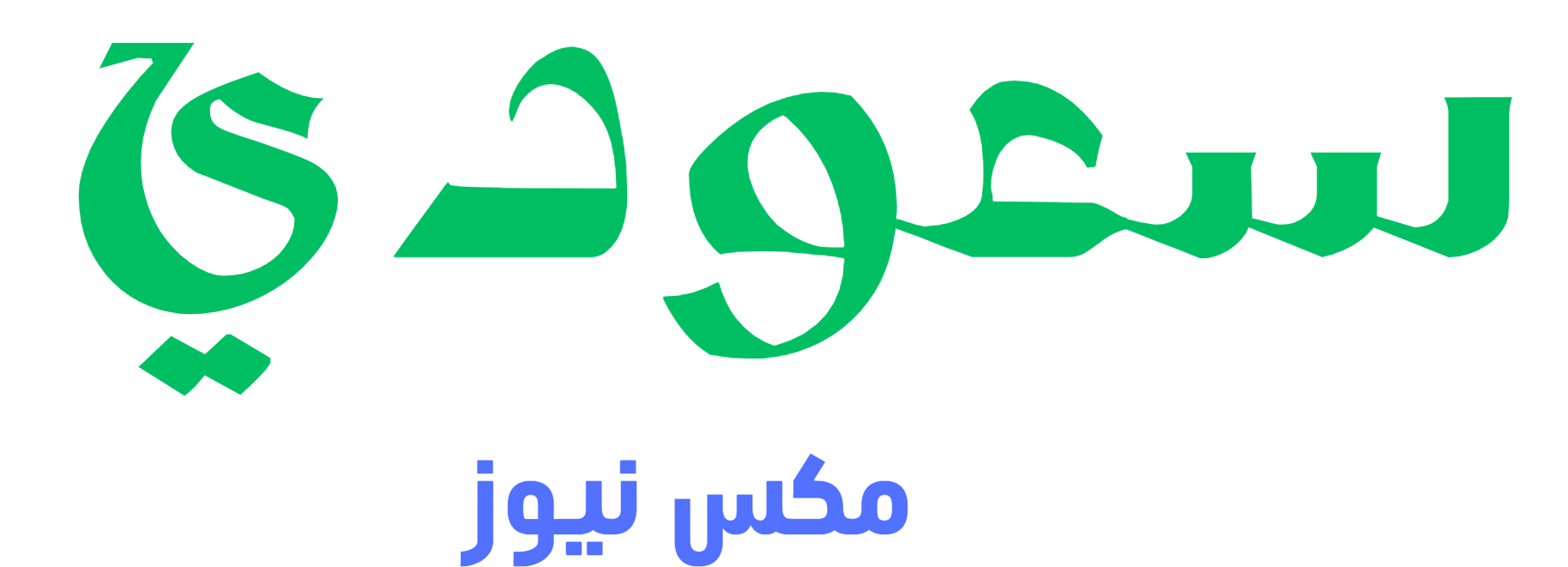Dubai Leads a New Phase of Digital Transformation in the Real Estate Sector
Introduction
Dubai, the glittering jewel of the United Arab Emirates, has long been synonymous with innovation and forward-thinking development. As a global hub for business, tourism, and luxury living, the city is now spearheading a revolutionary phase in digital transformation, particularly within the real estate sector. With initiatives like Smart Dubai and the integration of cutting-edge technologies such as artificial intelligence (AI), blockchain, and virtual reality (VR), Dubai is reshaping how properties are bought, sold, and managed. This shift not only enhances efficiency and transparency but also positions Dubai as a model for other cities worldwide. In this article, we explore how Dubai’s digital initiatives are driving this transformation and what it means for the future of real estate.
The Digital Evolution in Dubai’s Real Estate
Dubai’s real estate market has undergone significant changes in recent years, accelerated by the global push for digitalization, especially post-COVID-19. Traditionally known for its iconic skyscrapers like the Burj Khalifa and Palm Jumeirah, the sector is now leveraging technology to streamline processes and attract a tech-savvy global audience.
One of the key drivers is the Dubai Real Estate Corporation’s (DREC) push towards full digital integration. For instance, the introduction of the Dubai REST (Real Estate Self Transaction) platform allows users to complete property transactions online without the need for physical visits. This platform enables buyers to search for properties, verify ownership, and even sign contracts digitally, reducing paperwork and bureaucratic hurdles. According to recent reports from the Dubai Land Department, this has led to a 30% increase in online transactions in 2023 alone.
Moreover, blockchain technology is playing a pivotal role in ensuring security and transparency. The government’s partnership with global tech firms has resulted in the use of blockchain for property registries, which minimizes fraud and speeds up verifications. In 2022, Dubai launched the “Dubai Blockchain Strategy,” aiming to make 50% of government transactions blockchain-based by 2026. In the real estate context, this means that every property deed and transaction can be securely recorded on a decentralized ledger, providing immutable proof of ownership.
Another transformative element is the adoption of AI and VR. Real estate developers in Dubai are using AI algorithms to analyze market trends, predict property values, and personalize recommendations for buyers. For example, apps like Bayut and Property Finder employ AI to match users with properties based on their preferences, complete with virtual tours. VR technology allows potential buyers to explore properties remotely, walking through 3D models of apartments or villas from anywhere in the world. This has been particularly beneficial for international investors, with a reported 40% rise in foreign purchases facilitated through digital tools in the past year.
Benefits of Digital Transformation
The digital shift in Dubai’s real estate sector brings numerous advantages. First and foremost, it enhances accessibility. By going digital, barriers such as geographical distance or time constraints are eliminated, making it easier for expatriates and overseas investors to participate in the market. This aligns with Dubai’s vision to become a global city, as outlined in the Dubai Urban Plan 2040.
Efficiency is another major benefit. Traditional real estate processes often involve lengthy approvals and multiple intermediaries, but digital tools are cutting down timelines significantly. For instance, what used to take weeks can now be completed in days. Additionally, the use of AI-driven analytics helps developers optimize designs and pricing, leading to more sustainable and cost-effective projects.
Transparency and security are also improved. Blockchain’s tamper-proof nature reduces the risk of disputes, while AI-powered chatbots and customer service platforms provide 24/7 support, improving user experience. A study by PwC highlights that digital adoption in Dubai’s real estate has resulted in a 25% reduction in operational costs for developers and agents.
Furthermore, this transformation is environmentally friendly. By minimizing physical meetings and paper usage, Dubai is contributing to its sustainability goals, as part of the UAE’s Net Zero by 2050 strategy. Virtual property tours, for example, reduce carbon emissions associated with travel for viewings.
Challenges and Future Prospects
Despite these advancements, challenges remain. Not all stakeholders are equally equipped to handle digital tools, with some smaller developers lagging behind due to a lack of resources or expertise. Additionally, cybersecurity threats pose a risk as reliance on digital platforms grows. Dubai is addressing this through initiatives like the Cyber Security Council, which mandates robust data protection measures for real estate firms.
Looking ahead, Dubai’s digital transformation is set to accelerate. The city aims to fully digitize all real estate services by 2025, incorporating emerging technologies like the metaverse for virtual property showcases. Experts predict that this could boost the sector’s GDP contribution from 10% to 15% in the next five years, attracting more foreign investment and fostering innovation.
In conclusion, Dubai’s leadership in digital transformation within the real estate sector exemplifies how technology can drive economic growth and urban development. By embracing AI, blockchain, and VR, the city is not only modernizing its real estate market but also setting a global benchmark for smart cities. As Dubai continues to evolve, it will undoubtedly inspire other regions to follow suit, ensuring a more connected and efficient future for real estate worldwide.

تعليقات